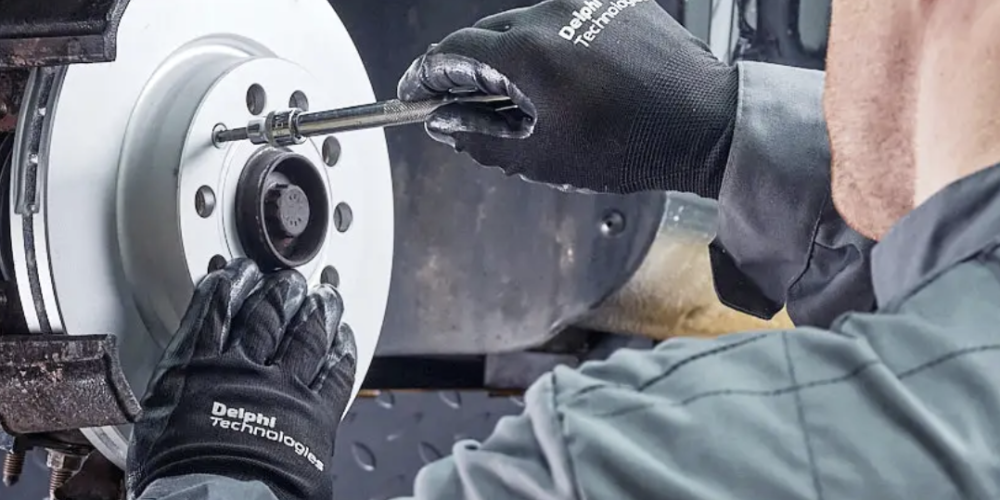Will China Succeed in Flooding Europe with Low-Priced Electric Vehicles? A Complaint Has Been Filed Against the Imposed Tariff.
A complaint has been filed with the World Trade Organization (WTO) against the European Union. The Chinese consider the new tariffs illegal and intend to have them abolished. What are the chances of this? Could the consequences be serious?

China has filed a complaint with the World Trade Organization (WTO) against the European Union, which imposed anti-subsidy duties on Chinese electric vehicles (EVs). Beijing claims that the EU’s decision violates WTO rules and threatens global cooperation on climate change. The EU imposed tariffs after conducting an investigation into Chinese subsidies for EV manufacturers. In response, China warned that the dispute could deepen trade tensions, affecting further economic relations with the EU.
Background and Causes of the Dispute
In August 2024, China filed an official complaint with the World Trade Organization (WTO) against the European Union. This complaint was in response to the EU’s decision to impose anti-subsidy duties on Chinese electric vehicles (EVs). The European Union justified its actions by claiming that Chinese EV manufacturers benefit from unfair government subsidies, allowing them to offer their products at significantly lower prices, threatening the competitiveness of European manufacturers.
The EU conducted an investigation aimed at examining the scope and impact of Chinese subsidies on the European market. The investigation showed that Chinese government subsidies, such as tax breaks, direct financial support, and preferential credit terms, could violate fair competition rules. As a result, to protect domestic manufacturers and the European EV market, the EU imposed tariffs intended to offset the impact of Chinese subsidies.
China’s Reaction – Trade War Act I
China strongly opposed this decision, considering it protectionist and inconsistent with WTO rules. In the complaint filed with the WTO, Beijing argues that the EU applies double standards by hindering access to its market while promoting the export of European products to China. Chinese authorities also claim that the EU’s actions are politically motivated and aim to halt the rapid development of the Chinese electromobility sector, which is crucial for global efforts towards sustainable development and CO2 emission reduction.
For China, Europe is one of the most important markets for their electric vehicles. The Middle Kingdom is currently the world leader in the production of EVs and their batteries, and expansion into foreign markets, especially European, is key to their further technological and economic development. Therefore, the EU’s decision to impose tariffs was considered by them as a serious threat to their global expansion strategy.
China’s complaint to the WTO may lead to an escalation of trade tensions between China and the European Union. In the past, similar trade disputes often ended in the imposition of mutual retaliatory tariffs. For the European Union, which is trying to promote green transformation and increase the share of EVs on its roads, trade tensions with China could lead to limited access to key components and technologies, which in turn could delay the development of the European EV market.
On the other hand, for China, winning the dispute at the WTO could not only enable further expansion into the European market but perhaps also strengthen their negotiating position on other trade issues.










